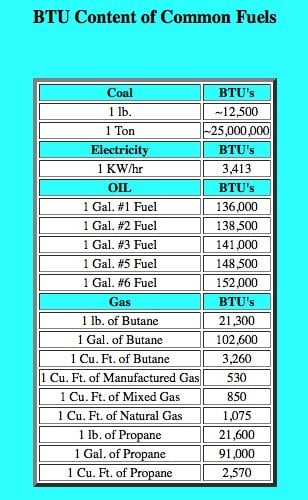longhorn1
Ouch, that stings!
I have 2 - 10 lb. propane tanks in my Grandby. Has anyone come up with a way to check the level in the tank that is connected, or do you just all of a sudden realize you have no hot water or heat and switch to the other tank?
Under normal use has anyone figured how many camping nights you can get out of a tank? I turn on the hot water when we get up in the morning and turn it off after doing dishes and don't turn it back on until dinner time and off after doing dishes. I have turned on the furnace on a couple of mornings to remove the chill and then turn it off. We use the stove to boil water for our morning coffee
Hot water heater, stove, and furnace are the only things connected to the gas.
Just looking for a little input.
jd
Under normal use has anyone figured how many camping nights you can get out of a tank? I turn on the hot water when we get up in the morning and turn it off after doing dishes and don't turn it back on until dinner time and off after doing dishes. I have turned on the furnace on a couple of mornings to remove the chill and then turn it off. We use the stove to boil water for our morning coffee
Hot water heater, stove, and furnace are the only things connected to the gas.
Just looking for a little input.
jd

